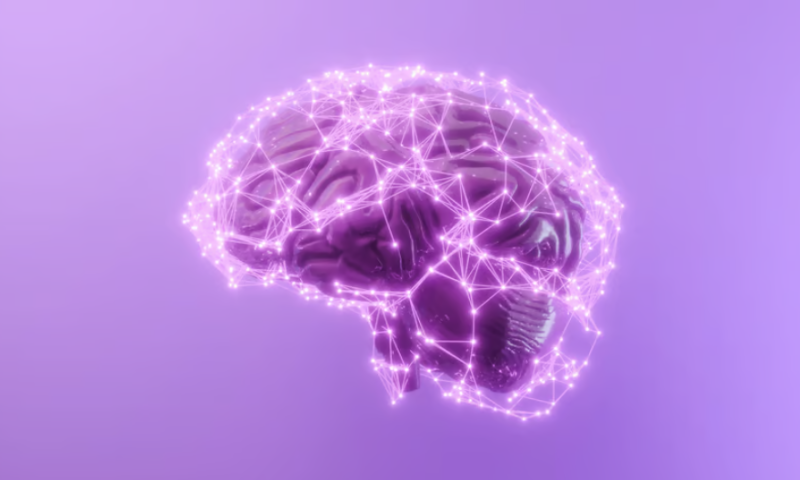Barely a month after Medtronic announced the European clearance of its rechargeable Percept RC deep brain stimulation system, the device has racked up a stateside approval, too.
The Percept RC implant is indicated to assuage the symptoms of movement disorders including Parkinson’s disease, essential tremor and dystonia, as well as other conditions like obsessive-compulsive disorder and epilepsy—though the dystonia and OCD indications are categorized as humanitarian use, meaning the device hasn’t undergone rigorous clinical testing in those areas.
For example, according to Amaza Reitmeier, VP and general manager of Medtronic’s brain modulation segment, the technology “can help control debilitating tremors for people living with Parkinson’s, providing patients with the ability to physically engage in everyday moments—something many of us unintentionally take for granted.”
With the FDA approval in hand, Medtronic said in its announcement this week that the Percept RC device will now be “immediately” available in the U.S.
The Percept RC device is surgically implanted under the skin on a patient’s chest and sends out electrical signals via thin wires leading to the brain. Medtronic claims that the device is the “smallest and thinnest dual channel neurostimulator” currently available for deep brain stimulation.
The mechanism works both ways, thanks to Medtronic’s BrainSense technology. While the neurostim device sends out signals to modulate the brain, it also takes in a record of neurological activity, which doctors can then use to monitor the effectiveness of the therapy and adjust it if needed. The company noted that the technology may work best on Parkinson’s patients, while those with essential tremor, dystonia, epilepsy and OCD may not send out a present or measurable signal.
“While more data are needed, the sensing capability of this unique deep brain stimulation system allows me the potential to tune stimulation delivery to brain activity, which may be a way to personalize this therapy for Parkinson’s disease in the future,” Casey Halpern, M.D., a neurosurgeon and deep brain stimulation expert, said in the company’s announcement.
In addition to the BrainSense technology, the Percept RC device also boasts MRI compatibility and a long-lasting battery. According to its maker, the battery will last at least 15 years and can recharge from 10% to 90% in less than an hour.
Medtronic announced Percept RC’s FDA approval on Monday, around the time that CEO Geoff Martha was concluding a presentation at the annual J.P. Morgan Healthcare Conference in San Francisco, in which he’d cited the neurostimulator as one of two “game-changing” neuromodulation devices that were then both still awaiting U.S. clearance; the other is the Inceptiv closed-loop spinal cord stimulator, which received CE mark approval in Europe last summer, with a stateside nod still pending.
“Both of these are examples of how Medtronic engineers are really leading the industry and innovation, developing smaller devices and inventing sensing technology to improve therapeutic benefit,” Martha said Monday.
“Both devices are already CE marked and are doing well in their initial European launches,” he continued. “It’s great to see them taking share and even expanding the market there, and as they continue to roll out in Europe and come to the U.S., we expect both to drive growth for our neuromodulation business.”

